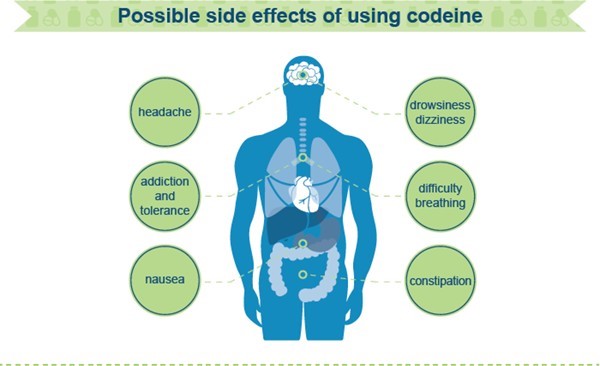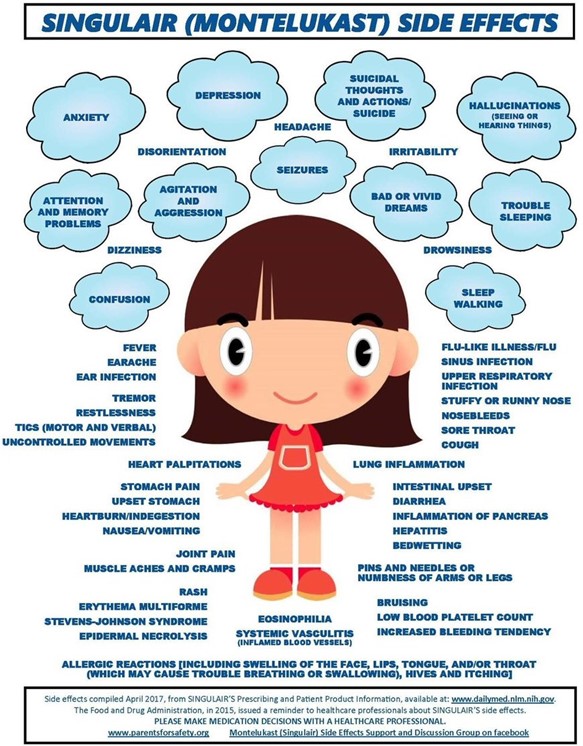A nurse is teaching a client who has a new prescription for dimenhydrinate. Which of the following instructions should the nurse include in the teaching?
Administer 24 hr before effects are desired.
Expect an increase in salivation.
Monitor for dizziness.
Observe for diarrhea
The Correct Answer is C
Dimenhydrinate is an antihistamine commonly used to treat motion sickness and vertigo. One of the common side effects of dimenhydrinate is dizziness. It can cause sedation and impair cognitive and motor functions. Therefore, the client should be advised to be cautious when engaging in activities that require alertness, such as driving or operating machinery. Monitoring for dizziness and taking appropriate precautions can help prevent accidents and ensure the client's safety.
The other options provided in the original response are incorrect:
- Administer 24 hr before effects are desired: This is not a correct instruction for dimenhydrinate. The medication is typically taken 30 minutes to 1 hour before the desired effects, such as before travel to prevent motion sickness.
- Expect an increase in salivation: Dimenhydrinate does not typically cause an increase in salivation. This is not a known side effect of the medication.
- Observe for diarrhea: Diarrhea is not a common side effect of dimenhydrinate. While gastrointestinal disturbances can occur with some antihistamines, it is not typically associated with dimenhydrinate use.
Nursing Test Bank
Naxlex Comprehensive Predictor Exams
Related Questions
Correct Answer is B
Explanation
Codeine is an opioid medication that can cause drowsiness and dizziness. Changing positions quickly, especially from lying down to standing up, can increase the risk of falls or accidents.
Instructing the client to change positions slowly helps prevent orthostatic hypotension (a drop in blood pressure upon standing) and reduces the risk of falls.
The other options listed are not appropriate instructions for a client taking codeine:
A. "You should expect to experience diarrhea while taking this medication." While constipation is a common side effect of opioids, diarrhea is not typically associated with codeine use. Therefore, there is no need to expect or warn about diarrhea as an anticipated effect of taking codeine.
C. "You should limit alcohol intake to 12 ounces daily." Mixing alcohol with codeine can have harmful effects, such as increased sedation and respiratory depression. However, it is generally recommended to avoid alcohol completely while taking codeine, rather than setting a specific limit of 12 ounces daily.
D. "You should take the medication on an empty stomach to prevent nausea." Taking codeine with or without food can vary depending on individual factors and the specific instructions provided by the healthcare provider. However, taking codeine on an empty stomach does not necessarily prevent nausea. In fact, taking it with food may help reduce stomach upset for some individuals. It is best to follow the specific instructions provided by the healthcare provider regarding the timing of codeine administration with or without food.

Correct Answer is C
Explanation
Montelukast is a medicine used to treat and prevent asthma and allergic rhinitis. It can cause some side effects, such as stomach pain, headache, cough, or fever. However, some side effects are more serious and need to be reported to the provider.
According to the sources I found, the most serious side effect of montelukast that should be reported to the provider is depression. Depression is a mental health condition that can affect your mood, thoughts, and behavior. It can cause symptoms such as feeling sad, hopeless, or worthless; losing interest in activities you used to enjoy; having trouble sleeping or concentrating; or having thoughts of harming yourself or others.
Montelukast has been linked to neuropsychiatric events, such as agitation, aggression, sleep disturbances, suicidal thoughts and behavior (including suicide). The mechanisms underlying these events are not well understood, but they can occur at any time during treatment. Therefore, patients and caregivers should be alert for changes in behavior or new neuropsychiatric symptoms when taking montelukast. If these occur, they should discontinue montelukast and contact a healthcare provider immediately.
The other options are not listed as serious side effects of montelukast that need to be reported to the provider. Constipation, blurred vision, and palpitations are possible side effects of other medicines used to treat asthma or allergic rhinitis, such as corticosteroids, antihistamines, or beta-agonists. However, they are not specific to montelukast and may not be related to its use.

Whether you are a student looking to ace your exams or a practicing nurse seeking to enhance your expertise , our nursing education contents will empower you with the confidence and competence to make a difference in the lives of patients and become a respected leader in the healthcare field.
Visit Naxlex, invest in your future and unlock endless possibilities with our unparalleled nursing education contents today
Report Wrong Answer on the Current Question
Do you disagree with the answer? If yes, what is your expected answer? Explain.
Kindly be descriptive with the issue you are facing.
